When golf made its long-awaited return as an Olympic sport in Rio in 2016, many of the game’s top male players turned their backs. Scheduling conflicts, the Zika virus, and security concerns were among the various reasons cited for non-committal, but despite this, the men’s and women’s golf events were considered a big success.
Representing Ireland were the world’s number one-ranked amateur, Leona Maguire, former US Open third-place finisher Stephanie Meadow, three-time major winner Padraig Harrington, and a little-known Waterford man who was plying his trade on the Web.com Tour in the United States, Seamus Power.
A final-round 67 saw Power climb to tied-15th alongside the likes of double-major-winner Martin Kaymer and he finished the tournament as the top Irish player. But Power was in his 30th year, and golf was increasingly becoming a young player’s game.
All athletes’ careers are bell curved in shape, but the steep upward-trajectory section of Power’s has come later than most and, at present, is showing no signs of flattening out. How high the Waterford native’s ceiling may be, we’ve yet to learn, but the fighting spirit can be traced all the way back to Power’s childhood.
Aged just eight, Seamus’ mother Philomena passed away after battling cancer, leaving father Ned alone raising three boys. Seamus was the youngest, with twin brothers Jack and Willie two years older. Ned was a farmer who bred livestock but took on a second job at the Boston Scientific factory in Clonmel, a half-hour drive away, working eight-hour shifts in addition to his farming responsibilities.
The Powers had been pillars of the local community and just a year before Philomena’s tragic death, were awarded RTÉ’s ‘Family of the Year’ for being instrumental in the development of the Tooraneena creche and community centre.
Keeping growing boys fed and entertained is quite the task, but, in the family tradition, they turned to sport. Gaelic football and hurling were natural pursuits in rural Ireland, but Ned had been a celebrated handball player and the new community centre had a court, so the boys played handball and racquetball.
Seamus would go on to win Munster titles in handball at U-14 and U-16, along with a bronze medal at the World Racquetball Championships in L.A., but by that stage, he’d already turned his eye to his later profession.
Golf was one of the few sports that wasn’t a Power family tradition. Family friends were members at West Waterford Golf Club, and they took the three boys out on occasion. The twins preferred team sports so naturally gravitated to football and hurling, but Seamus developed a keen interest and his love for the game eventually superseded other sports.
The nature/nurture argument has long divided sports psychologists, but from his success in handball and racquetball, there is no doubt that Power had excellent hand-eye co-ordination, so it’s no surprise that golf came somewhat naturally. But to make it as a professional requires extreme dedication and hard work, and even then, for every one that makes it, there are thousands who don’t.
Power has always been grounded, with a good head for mathematics, so he was acutely aware of the probability of success. Despite a stellar junior amateur career, where Power won three Irish Youths titles, and represented nationally alongside Shane Lowry and Rory McIlroy, the path to the next stage in his career was far from certain.
While McIlroy’s star power was evident early, and Lowry would famously win the Irish Open as an amateur in horrendous conditions at Baltray in 2009, turning professional the following week with a European Tour card now secured, Power had his sights on getting an education first and was offered scholarships at home. The lure of the United States’ Collegiate Golf circuit was strong, but despite writing to several colleges, it seemed he was out of luck.
Then, his fortunes turned, thanks in no small measure to his national teammate from Holywood. McIlroy had originally committed to play at East Tennessee State University but had a late change of heart and elected to turn professional. This left a vacancy in Tennessee’s roster and team coach Fred Warren had been impressed by Power at the European Boys team championship in Italy, so offered the Waterford man a partial scholarship.
And if you really want to test yourself against the best amateurs in the world, then that was the place to be.
During a four-year stint before graduating with a first-class honours degree in Accountancy, under Warren’s tutelage, Seamus’ steady rise continued, winning five times on the NCAA circuit. It was the kind of college golf career that would be the envy of many, but still far from suggesting that Power was ready for the big time.
And he wasn’t. To be fair, very few are, but Power’s steady progression year-on-year led him to believe that he could make it, so with the insurance policy of his Accountancy degree to fall back on if needs be, he turned professional.
US College golf, while offering the highest level of regular competition available, in many ways is like a security blanket.
Even on a partial scholarship, Power had access to practice facilities, logistics covered for every NCAA event, and medical care, physiotherapy etc. Effectively, it is professional in all but name. But, upon becoming an actual professional, all of that disappears.
Golfers are, to use one of 2022’s buzz phrases, independent contractors. Playing options are restricted for the lowly professional, so it was a case of play where you can, and you’ve got to take care of all travel arrangements, sort out accommodation, and most crucially, pay for it all.
Power’s first port of call was the E Golf Tour, where he and other hopefuls, many of whom spend an entire career living out of banged-up jalopies with mileage counters verging on seven figures, would fork out $1,200 entry fees to create that week’s purse. A good week might see you carve off a tasty morsel, but bad weeks are costly, and a bad run could mean scouring an area for food banks.
“It was nerve racking stuff, basically playing for your livelihood,” he says, “I got some great help from the Irish Sport’s Council for four or five years and without it I would’ve been in major trouble.”
Power still had belief that he could escape the crushing grind of mini-tour life, but despite moderate success, he seemed no closer to the breakthrough. That was when he turned to Ken Guilford, a friend and PGA Professional in Concord, North Carolina.
Under Guilford’s watchful eye, Power’s game began to flourish. In 2014, of 52 competitive rounds played, 34 of Power’s were sub-70. In golf, and professional golf in particular, consistency is the key to high performance. All touring pros can go low, but it’s the ones who consistently shoot 66s and 67s that win regularly and occupy the top spots on season-ending orders of merit.
With his newfound consistency, Power headed for Q-School full of confidence having come agonisingly close in 2011 and again in 2012, but in 2014, four rounds of 68, coupled with a 70 and a 71, saw Power cruise into fifth place and earn himself full playing privileges on the Web.com tour for 2015.
“They were tough ones to swallow,” Power admits. “2014 was the fourth year playing mini-tours and, in hindsight, if it hadn’t gone well, I’m not sure how much more I would’ve played.”
He was ranked 1543 in the world, but Seamus Power was moving up in the world.
His rookie year on the Web.com couldn’t have started much worse. Four consecutive missed cuts were as demoralising a start imaginable, but resilience and self-belief have never been in short measure and he rebounded with a mid-season stretch that saw him post six top-25 finishes in 10 starts, including two top-10s, and though he’d not done enough to graduate, he’d earned another crack at the whip in 2016.
Power earned $81,000 in on-course earnings in 2015 and had climbed to 764 in the OWGR at year’s end, but most importantly, he’d gained vital experience.
First years on tour are tough; you’re the new guy, playing new courses, visiting new cities, and mixing in new circles. There was no guarantee that Power’s sophomore season – to use American parlance – would bring success, but a solid start to the season garnered four top-10s from 12 events before the tour rolled into Newburgh, Indiana. With any fears of relegation well allayed, a PGA Tour card was now firmly in his sights, safe in the knowledge that one great week would be enough to secure it.
Trailing Adam Schenk by two strokes and Cody Gribble by one going into the final round, Power put together a closing 67 to hit the front and seal a single-stroke victory, becoming the first Irish player to win a Web.com tour event, and effectively securing his place in the crucial top 25 in the order of merit.
Speaking to Ryan Bailey of The42.ie, Power, understandably, remembered the week very fondly. “It was a combination of things,” he said, “you learn and I was just a little more comfortable in the surroundings than I was in previous year. I felt like I was on the right path with many parts of my game and it came together a little bit.
“Golf is one of those sports that’s always changing, always evolving, so you just have to keep going on the right path so sometimes some things work and some don’t so it’s just about getting them all going in the right direction to make things feel easy and it was one of those years that felt like that which is nice.
“You don’t win that often in golf and when you do it really just confirms that things are going well for you and some of the things you’re working on are actually the right things.”
Just over a month later, Paul McGinley phoned. Newlywed Shane Lowry had withdrawn from the Olympics citing Zika virus fears and just like that, Seamus Power the golfer destined for the PGA Tour became Seamus Power the Olympian.
“I didn’t question it for a second and I had my PGA Tour card locked up through the Web.com Tour so that certainly was a big help. People ask me what would I have done if I was right on the limit and to be honest I still don’t think I could have passed it up. It’s something that you’re never going to have the opportunity to do again and it’s the Olympic Games, it’s something that you grow up watching.”
Golf at the Olympics, against the odds, was an unqualified success, and Power had more than justified his selection. Okay, so no medals came home, but the experience is something that he’ll never forget. “You just feel like you’re representing more than yourself,” he said on his return to Web.com action, “it was like a very proud moment. Just walking in behind your country’s flag like that, it was amazing.”
As great an experience as Rio was, the comically short PGA Tour off-season – all three weeks of it – left little time to unwind before becoming a rookie once more. For newbies, the autumn series of PGA Tour events present both wonderful opportunities, but extremely high stakes. Most rookies who retain their status at the end of the first season hit the ground running, with many stalling and virtually falling over the finishing line.
By the time the Wyndham Championship – the PGA Tour’s final regular season event – came around, Power sat at 123rd in the FedEx rankings, of which the top 125 retained full PGA Tour status the following season. One of the legitimate most exciting weeks in the schedule for those not invested, it’s torture for those whose jobs are on the line.
Though Power made the 36-hole cut, with more than 78 players coming back for the weekend, a second cut was made after 54 holes and this time fell victim to the scythe, ultimately falling to 130 in the rankings, meaning a return to the Web.com finals and attempting to qualify there.
And he did. Just.
In a season where he earned $646,180, Power secured the final PGA Tour card at the Web.com finals by a mere $287.
By late 2020, it appeared that Power’s career had stalled. He’d lost full Tour status in the ‘19/20 season, meaning that he’d only get into certain PGA Tour events in ‘20/21 and, saddled with a debilitating elbow injury, had slipped to 429th in the world. Surgery in November 2020 meant an extended period on the couch beckoned, but Seamus is not the sort to retreat and lick his wounds.
Golf is as much mental as it is physical, so Power used the injury layoff to visit Dr. Bob Rotella, one of the game’s mental gurus, long-time championed by Padraig Harrington. “Right after my surgery, I went to see Bob,” he recalls, anyone who’s ever been around him knows he is a very calming influence. He’s been around golf a long time and he’s seen and heard it all. He probably told me things I’d heard before but coming from him they carried more weight.”
Among Rotella’s musings were that nobody knew Power’s swing better than Power himself, he just had to understand that and then he would be in better control of his game. “I’ve been searching for a long time but it’s about knowing what I need to do. It’s so easy to get caught up listening to other guys, but no one has seen me hit more golf shots than myself. Nobody knows what I’m feeling at the top of my backswing more than myself.”
Coming back from injury is never easy, but as the elbow strengthened along with his mindset, his fortunes began to turn. Conditional status meant weeks on and off, but in a five tournament stretch over nine weeks, he posted three top-10s and two ties for 19th, arriving at the Barbasol Championship – an opposite field event held the week of the Open Championship – in a rich vein of form.
And he knew it. “I said to Simon [his caddie] at one stage during the Barbasol after a good stretch, that at that time, there weren’t many players in the world hitting it better than I was.”
Just as he had in Indiana back in 2016, Power shot a final-round 67 to catch 54-hole leader JT Poston, ultimately prevailing on the sixth playoff hole, and the boy from West Waterford was now a winner on the PGA Tour.
Victories in golf are rare, and as such, should be aptly celebrated. Flying back to Ireland by private jet courtesy of sponsors ‘Power,’ a Philadelphia based home remodelling company who teamed up with their namesake in 2016 in a relationship that has proven advantageous to both parties, the beverages flowed freely.
With the win, came job security. Power was back as a fully-fledged PGA Tour member, and would be for the following two seasons regardless, but he’d never played better and never trusted his game more. Being an opposite event, the Barbasol didn’t offer the Masters invitation that regular PGA Tour events do, and though he was up to 113 in the world, he had considerable work to do to garner a letter from Augusta National.
The quality play continued, and when he eventually garaged his clubs for the Christmas break, he’d risen to 70th – 393 places higher than his season low.
By now, Power knew he was worthy of a seat at golf’s top table, and many more were coming round to the idea. A worst placing of tied 15th in his first four starts of 2022 saw him rise to world no. 46, and then a fifth-place finish at the match-play meant he was Augusta bound.
Unlike most Masters rookies, Augusta National itself was familiar to Power. As a student at East Tennessee, they’d regularly compete with Augusta State and Masters tickets were among the perks of the rivalry, but heading down Magnolia Lane with a player’s pass was something completely different.
In the leadup, Power was bullish on his chances. “Sometimes a course just fits your eye and fits your game, and I feel like it is going to do that for me. Obviously, it is a big ask to go there, an Irish person has never won it, but I have never gone into a tournament not at least planning on having a chance to win on Sunday. I know it’s a Major. I know it’s Augusta. That (approach) is not going to change for next week.”
As one of four Irish men in the field, Power didn’t win – none of them did – but his T27 was an excellent debut performance and capped off a wonderful week for the Emerald Isle with McIlroy’s 2nd and Lowry’s T3.
A first major top-10 followed at the PGA Championship in May, shortly followed by a T12 finish at the US Open, but disappointingly, he missed out on the 30-man cut-off point for the Tour Championship, which would’ve guaranteed a second Masters appearance, but in late-October, he arrived at the Butterfield Bermuda Championship where the bookies had installed him as one of leading favourites.
In relatively benign conditions for rounds one-three, Power had his ball on a string and signed for three consecutive 65s, guiding him into a 54-hole tie with rookie Ben Griffin. However, the Port Royal Golf Course that the final round presented was a different beast altogether. The Caribbean wind whipped up and ripped across the relatively exposed layout, particularly on the closing stretch.
While Griffin struggled in the pressure cooker environment that is a Sunday back-nine, Power managed to keep his head and took a two-stroke lead to the final tee, eventually closing with a bogey-five, but clinching his second PGA Tour title. And this time, there was no opposite about it.
Five years previously, $287 was all that stood between Power and a return to the second tier, and now he’d just won $1.17 million, earned a spot in the January’s Tournament of Champions in Hawaii, a limited field event with a $20 million purse, and booked his return to Augusta in April.
And, 2023 being a Ryder Cup year, if he wasn’t already near the forefront of Luke Donald’s thinking, he is now. With automatic qualification streamlined to just three from the ‘European Points’ list and three from the ‘World Points’ list, competition is extremely high, but as Power acknowledges, “there’s six wildcard spots and I know if I can play well and continue to kind of have good results, I’d at least be in the, whatever you call it, in the group for picks. Yeah, that’s still going to be the goal. It’s still early on in the process, but to get a win and get on the radar a little bit more was a nice bonus.”
And other bonuses would soon follow. Despite the inevitable celebrations in Bermuda – or in Power’s Vegas home, more likely – he teed it up in Mexico the following week, making a hole-in-one enroute to a third-place finish that would see him rise to the top of the Fed Ex Cup rankings, albeit at an early stage in the season.
Speaking after the Barbasol victory, Power admitted, “A lot of work goes into it, and a lot of failures along the way and a lot of downs and stuff, but to finally be able to say that to yourself, instead of saying, I know I can win on the PGA Tour, almost telling yourself that, versus I actually have done it, it’s a very, very cool feeling.
“Then to come home and see my Dad and see the pride in his face, they are probably the two things that stick out the most.”
He may have taken the long road, but to truly appreciate the view from the top, one must first struggle with the ascent. Childhood trauma like losing a parent can, and has, thrown up severe roadblocks at every juncture. Power has persevered through them all.
He thoroughly deserves this. The whole Power family do.



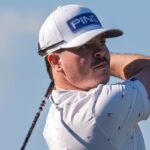

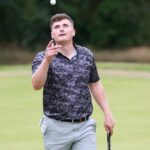
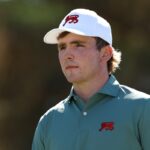
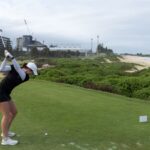
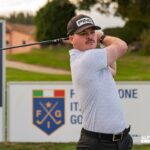
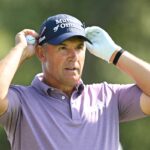
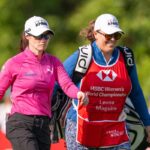
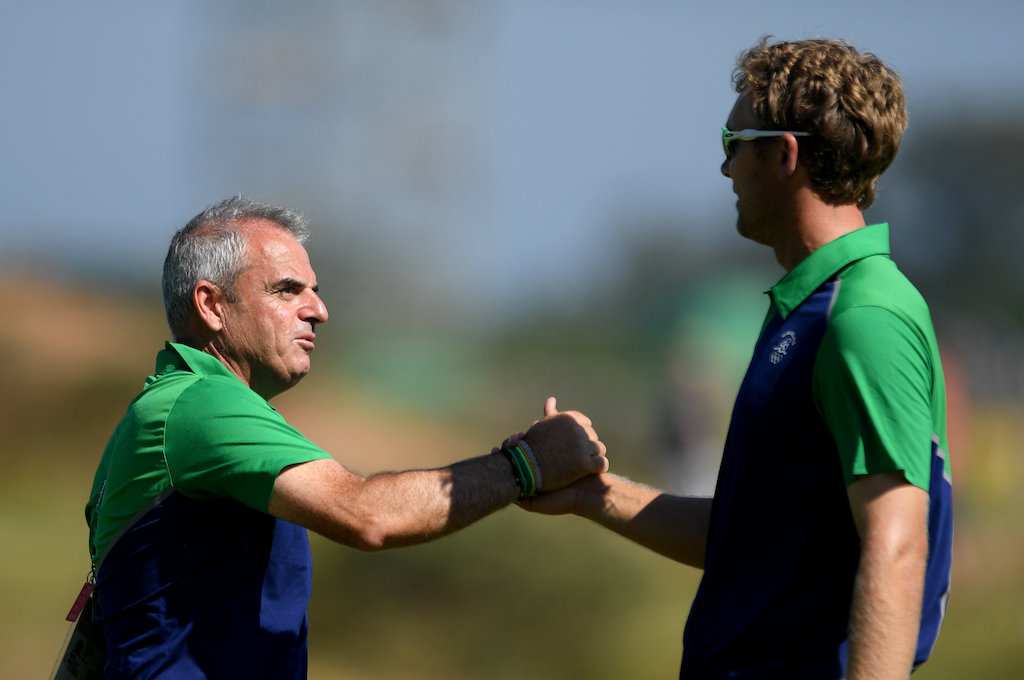
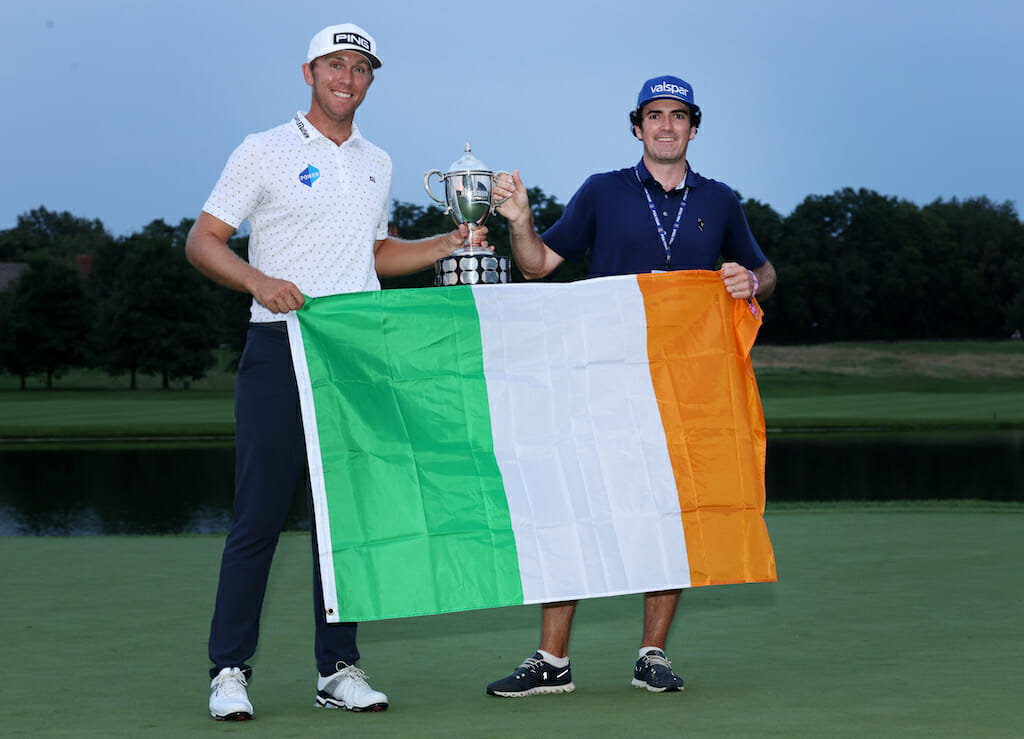
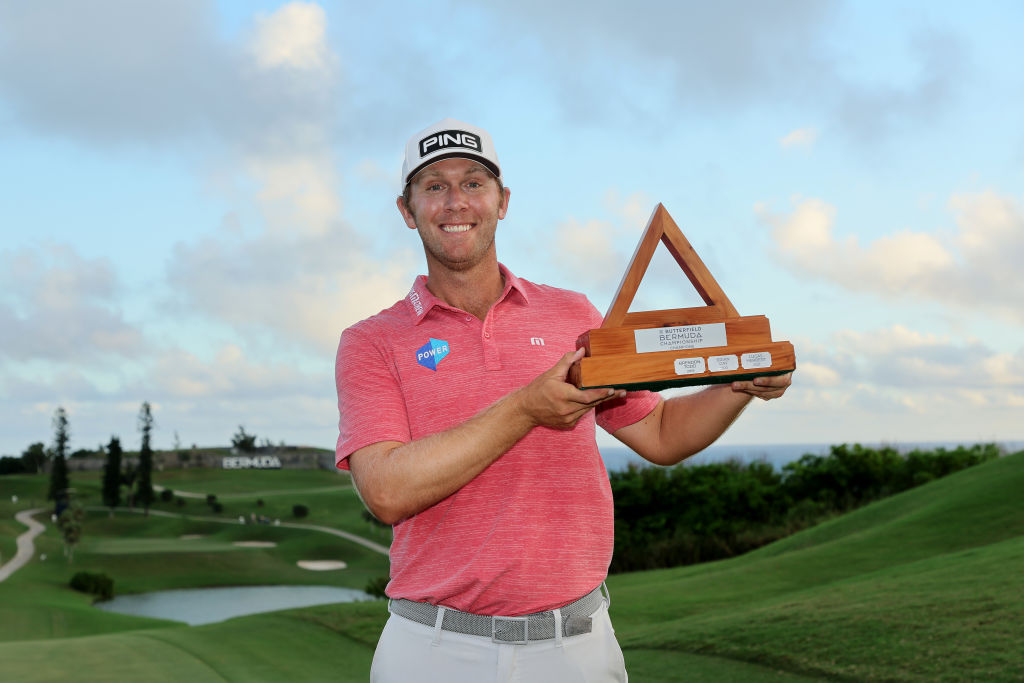
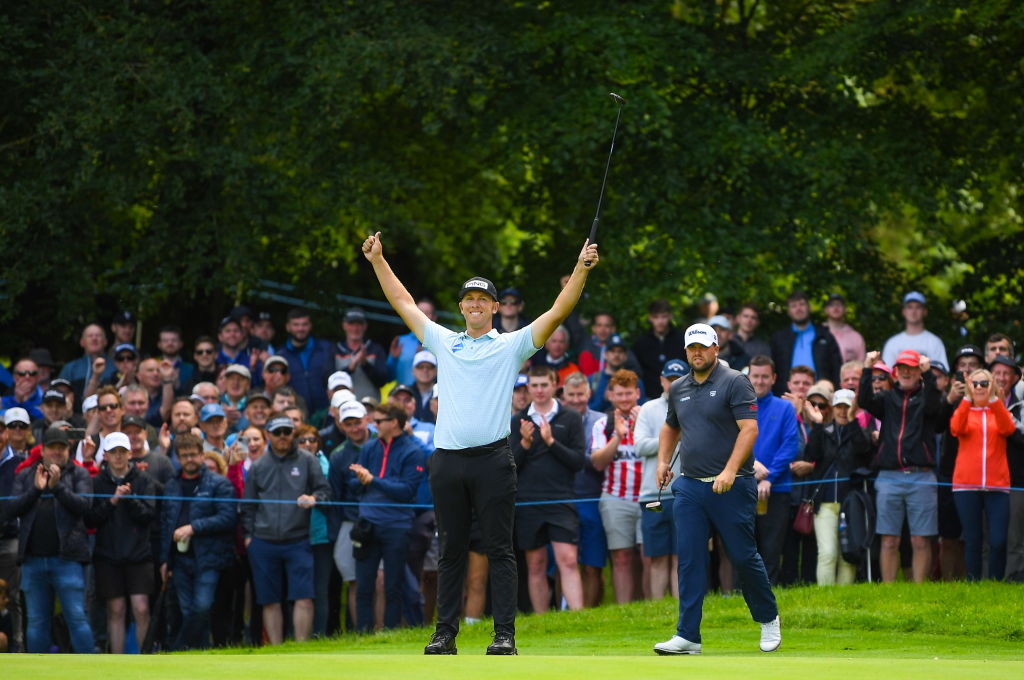
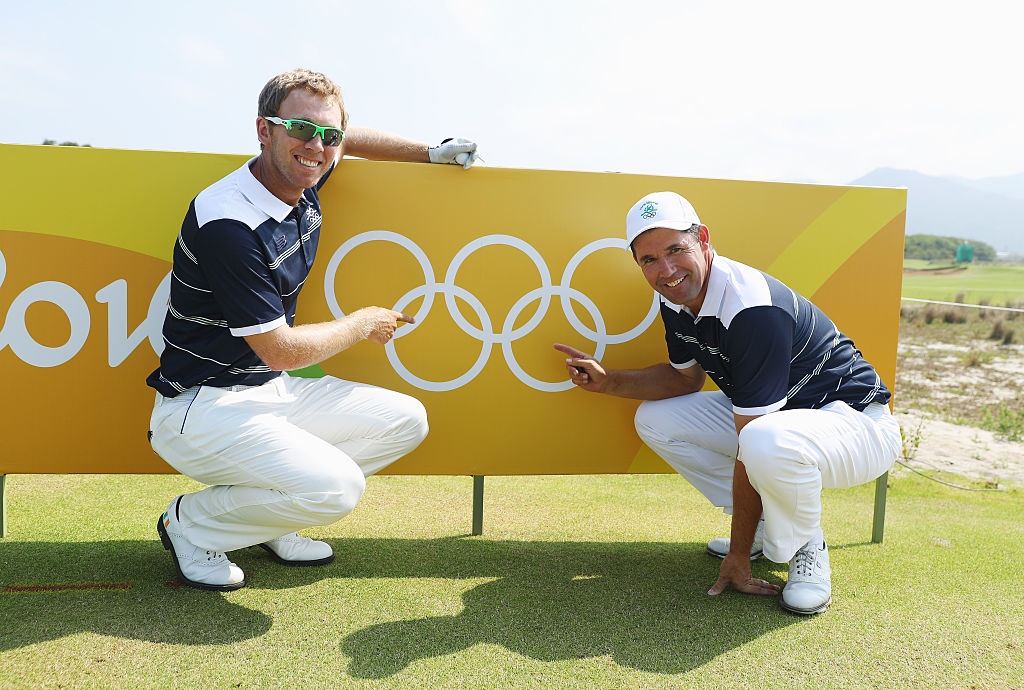
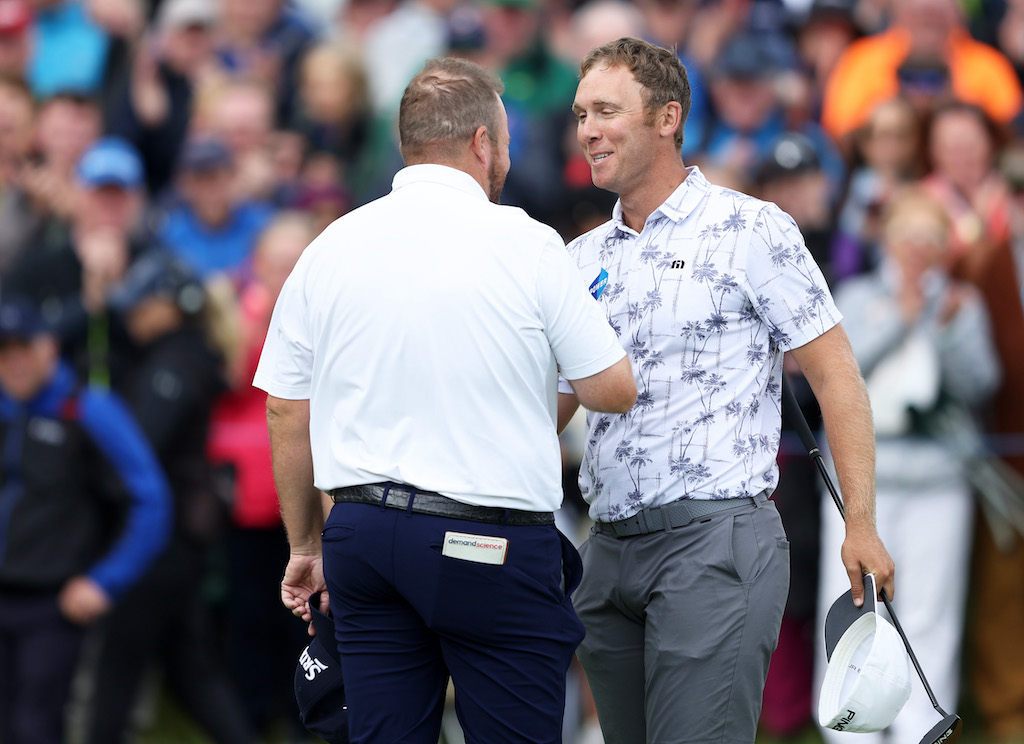
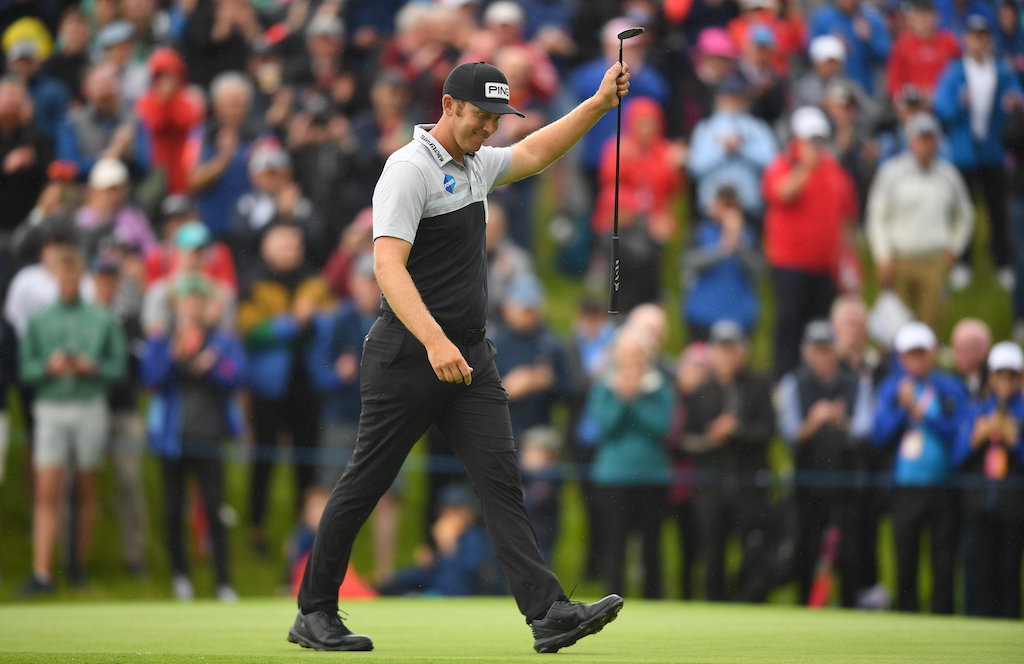
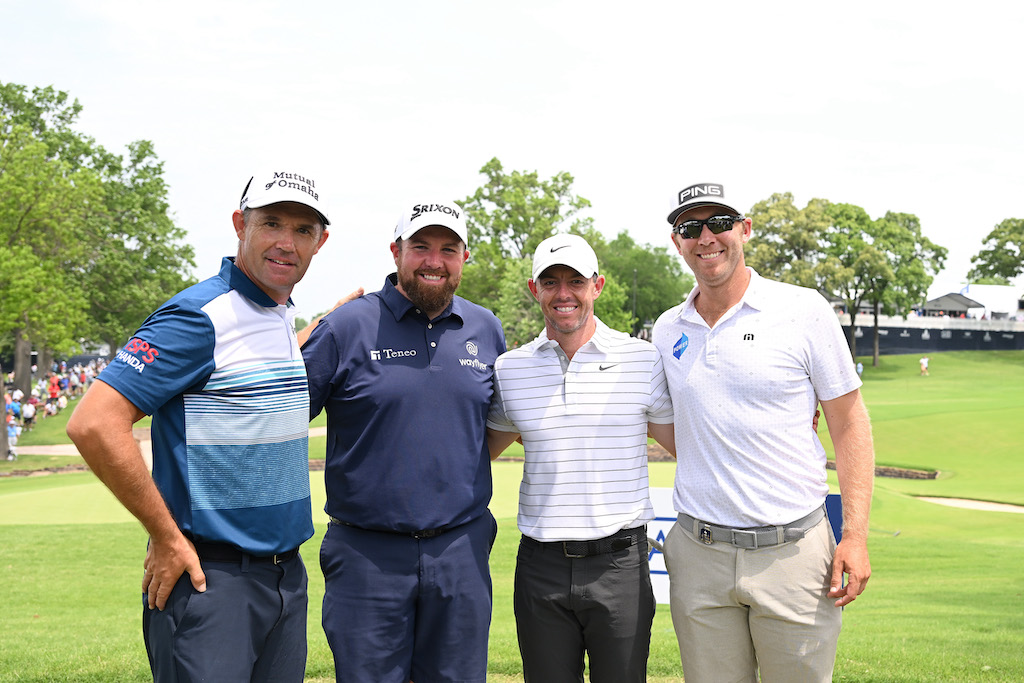
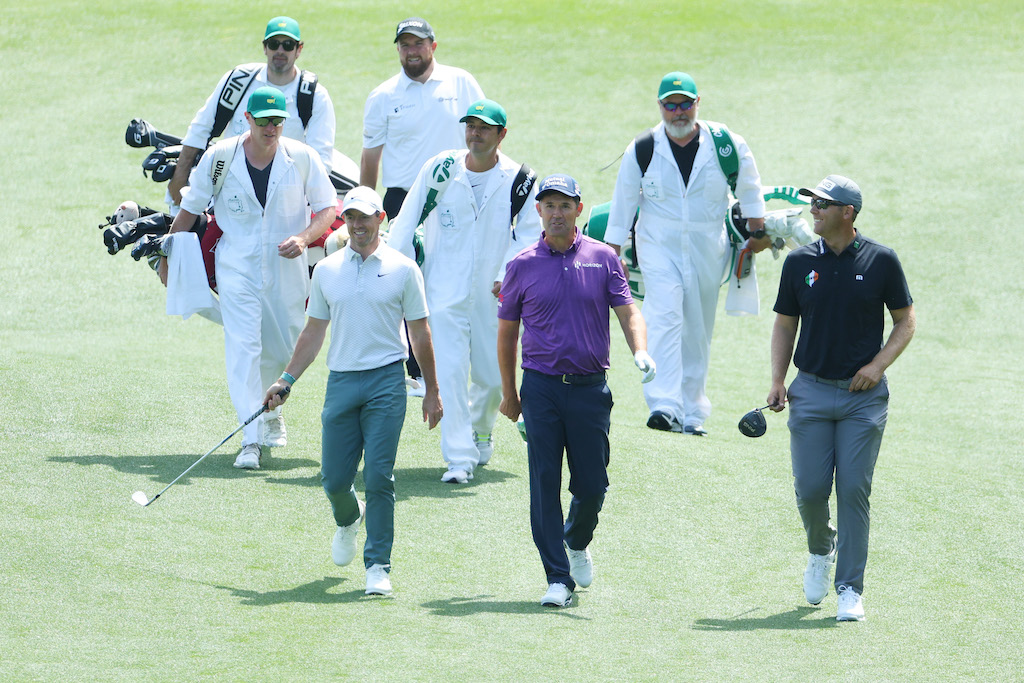
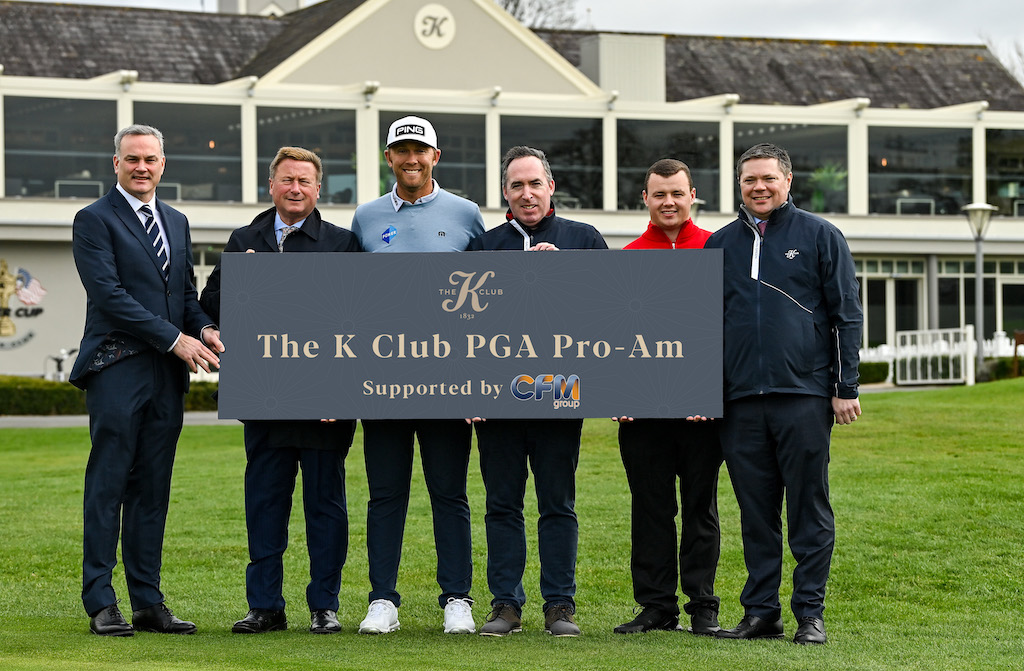


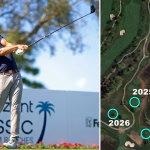



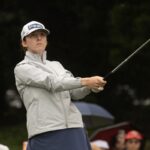
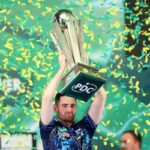
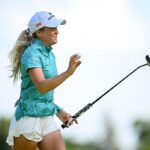




Leave a comment